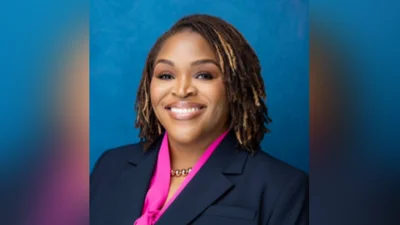Democratic lawmakers have introduced a $1.5 trillion funding proposal, which Republicans are criticizing as excessive and filled with partisan measures. With less than 24 hours before the current government funding expires, both parties remain at odds over how to avoid a shutdown.
Republicans argue that the Democratic proposal, labeled by them as a "Counterfeit Resolution," includes several controversial provisions. These include restoring taxpayer-funded healthcare for undocumented immigrants, supporting liberal news programs, prioritizing electric vehicle access to high-occupancy vehicle lanes regardless of occupancy, removing work requirements for able-bodied adults on public health programs, resuming diversity and inclusion projects abroad, and increasing defense spending for incarcerated individuals by over $1 billion.
Other elements highlighted by Republicans include repealing $50 billion in rural healthcare funding, reversing executive actions made by the President, rescinding border security measures tied to tax cuts for working families, limiting presidential authority over emergency funds, and maintaining Biden Administration grant policies that conflict with former President Trump’s executive orders. The resolution would also add new bureaucratic requirements for Trump Administration officials if they return to office.
According to House Republicans, their own proposed measure—the Continuing Appropriations and Extensions Act, 2026—would provide a short-term extension of government funding for seven weeks without any additional policy riders or changes. They say this bill keeps existing healthcare programs fully funded and ensures continued support for telehealth services and food assistance programs relied upon by low-income seniors, women, and children. Republicans note that this approach mirrors a stopgap bill previously supported by Senate Democrats earlier in the year.
In response to claims from Democrats that their resistance is about protecting healthcare funding, Republicans assert that recent strategy meetings among progressive groups suggest a planned effort to force a shutdown over unrelated issues.
The debate has drawn comments from both sides about when it is appropriate to engage in broader policy discussions during appropriations negotiations. Senator Chris Murphy was quoted saying: “There is a time and a place to debate health care, just like there is a time and place to debate energy policy and immigration and education — but not when the funding of the federal government, and all the lives that are impacted by it, hang in the balance.”
House Republicans maintain they have fulfilled their responsibilities by passing what they describe as a clean resolution. They call on Senate Democrats to take action before the deadline passes.









